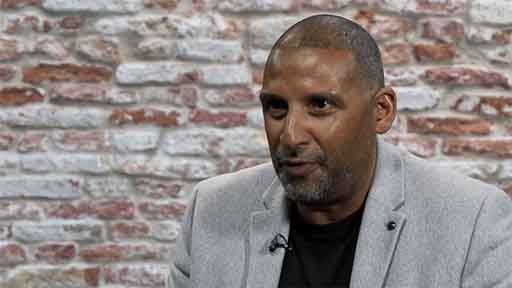2.2 Moral imagination
A moral imagination is the ability for a person to sense and feel the ethical aspects of a certain situation. Moral perception is about being able to identify these things – but that could be done in a cold and clinical way. A moral imagination, on the other hand, is about feeling the ethical needs of others. It is therefore an empathetic ability. In the words of Ladkin:
It is only because of our imaginative capacity that we can experience the sort of empathy required to appreciate how our decisions or actions might affect one another… Imagination enables empathetic understanding to be made; it is the means by which we connect with the experience of another and how they might experience a given situation.
For Ladkin, a moral imagination is about being able to imagine the lived experiences of another person – like playing a film of their lives in your mind. People with a heightened moral imagination will be more aware of how to avoid making insensitive or unethical decisions, but also better equipped to make decisions that enhance equity and justice.
You can cultivate a moral imagination by exposing yourself to people whose backgrounds, lives and experiences are different to your own. We all live in bubbles, social and work circles that to a great extent are predetermined for us by where we were born, went to school, college, university, where we work and live in the present.
Yet we can break out of these closed circles and cultivate a capacity to empathise with others, as you will explore in the following activity.
Activity 2 Cultivating moral imagination
Watch the following video, where Paul Sesay talks about intentionally breaking out of his social bubbles. As you watch, note down the ways in which he accomplishes this.

Transcript: Video 2 Paul Sesay – breaking out of social bubbles
Discussion
There are many ways of breaking out of your social bubbles. Here are some examples:
- getting to know people different from us at work
- volunteering with a local charity
- joining a trade union and attending branch meetings
- taking an interest in different cultural practices and finding out more
- starting to follow people campaigning on different issues, such as poverty, misogyny, racism, climate change
- immersing ourselves in films and literature that portray a life and culture very different to our own.
There are two barriers to developing moral imagination. The first is the attention economy. Because people’s lives are becoming increasingly flooded with information, imagery and distractions – mainly through mobile phones and other digital devices – it can be difficult to allow yourself to feel what others feel. The other barrier is fear. Experiencing new realities and being exposed to the experiences of others can be challenging, sometimes making us feel awful.
Going through an experience when you are exposed to moral imagination is difficult. It can be easier to shut down our feelings and close ourselves off from the world. Sometimes escapism is necessary, to replenish oneself. No one can be ‘on’ 100% of the time. In fact, people who try to be can burn out very quickly. Therefore it is critical to leading with ethical purpose that you find sustainable practices to get yourself through, which is the topic of the next section.
